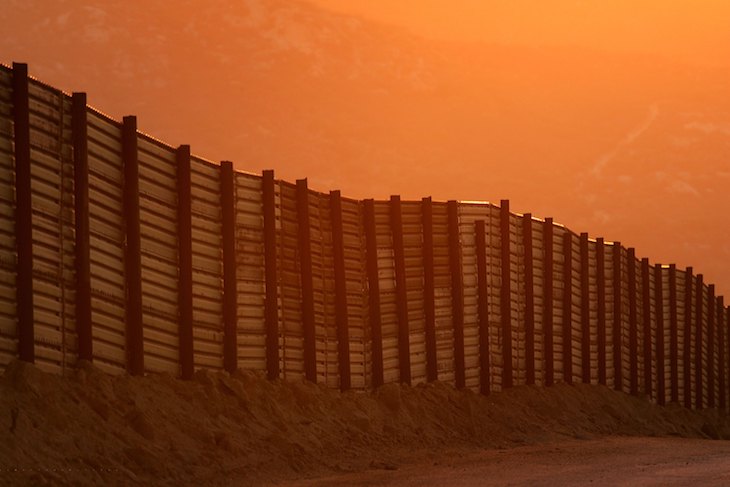Francisco Cantú’s mother is surprised when he announces he’s joining the Border Patrol and going to work in the Arizona desert. He has just received a college degree, studying international relations. His response to her bafflement — and concern — is that he wants to see the reality, what it’s like ‘in the field’. This will help him better understand the issues, so he can later use the power that this understanding gives him… for what? To attend law school? Become a policy maker?
But first: to write this book.
More than half of this memoir comprises brief, suggestive episodes from Cantú’s experience on the line, where he would eventually spend four years — tracking people who risk their lives crossing this inhospitable terrain to get to the great US of A, picking them up in whatever condition he can find them, logging them into the system and then sending them right back to where they started. Some of those arrested are part of the drugs trade; but most, he admits, are migrants, ‘people looking for a better life’. Will they find it? In his first week, Cantú is advised always to carry around a small tin of Vicks VapoRub, to help with the smell of the dead bodies.
Between 2000 and 2016, the Border Patrol recorded more than 6,000 deaths. But Cantú quotes Timothy Snyder’s plea that we think of the Hitler–Stalin victims not as 14 million, but 14 million times one; and while this book’s effect is cumulative, it depends on the individuals we glimpse. Turning the numbers back into people, says Snyder.
A mother and daughter, a couple, a young man — most are unnamed, but we see just enough of them to believe in their plight. In Cantú’s own interactions, he seeks to humanise them — telling a fearful woman she needn’t address him so formally; speaking to a fearful girl in her own language; asking a fearful couple their names, and telling them his. (Fear is a constant.) When Cantú cleans a woman’s blistered feet, she tells him he’s ‘very humane’. ‘No,’ he answers, ‘I’m not.’ These are compassionate gestures, but they’re gestures all the same.
While it’s never self-indulgent, The Line Becomes a River is also about the effects of these experiences on Cantú himself. What happens when you’re implicated in such a massive imbalance of power, where policy decisions happen a million miles away from where the reality is being lived? What happens when you’re enforcing a system that — while perhaps inevitable — you know to be criminalising people needlessly, ruining lives, even costing lives? Do you need redemption, somehow, and where do you find it?
Well, you can start by telling your stories. One of the strengths of Cantú’s book is a refusal to over-explain or over-interpret. We read it not for the particular insights it reaches, not because it draws any conclusions or simplifies an argument, not because it strains to affirm its own importance, but for its honest (and, not incidentally, beautifully written) evocation of one human experience. You can extrapolate the politics from it as you will.
Only a few brief interludes explicitly present a bigger picture, a historical view of how the seemingly arbitrary ‘unnatural divide’ came to be, and therefore how we find El Paso and Ciudad Juárez facing one another across a river, no distance apart, one crowned the safest city in America while the other was named ‘murder capital of the world’.
The final third of The Line Becomes a River shifts, to focus on a single story of a man entangled in the immigration system. Except Cantú no longer works for the ‘migra’ now, and the man is his friend. José has lived here undocumented for more than 30 years, but following a dash to Mexico to say goodbye to his dying mother finds he is no longer allowed back to the place where he, his wife and children have their home. José’s story retrospectively complicates everything we’ve read so far. (Should we change how we feel about Cantú’s officer buddies? About Cantú himself?)
This clever concluding section helps to personalise the ‘wetback’ experience for Cantú. As his wise and worldly mother points out, he’s affected by this story among the thousands simply because José is his friend. Several times in this book, Cantú shares his nightmares, his fear of coming apart, his concerns about the irreparable damage, the ‘moral injury’ this job will do to you. But the sustained friendship with José, though it tells a sad story, is a sign that all is not lost.






Comments